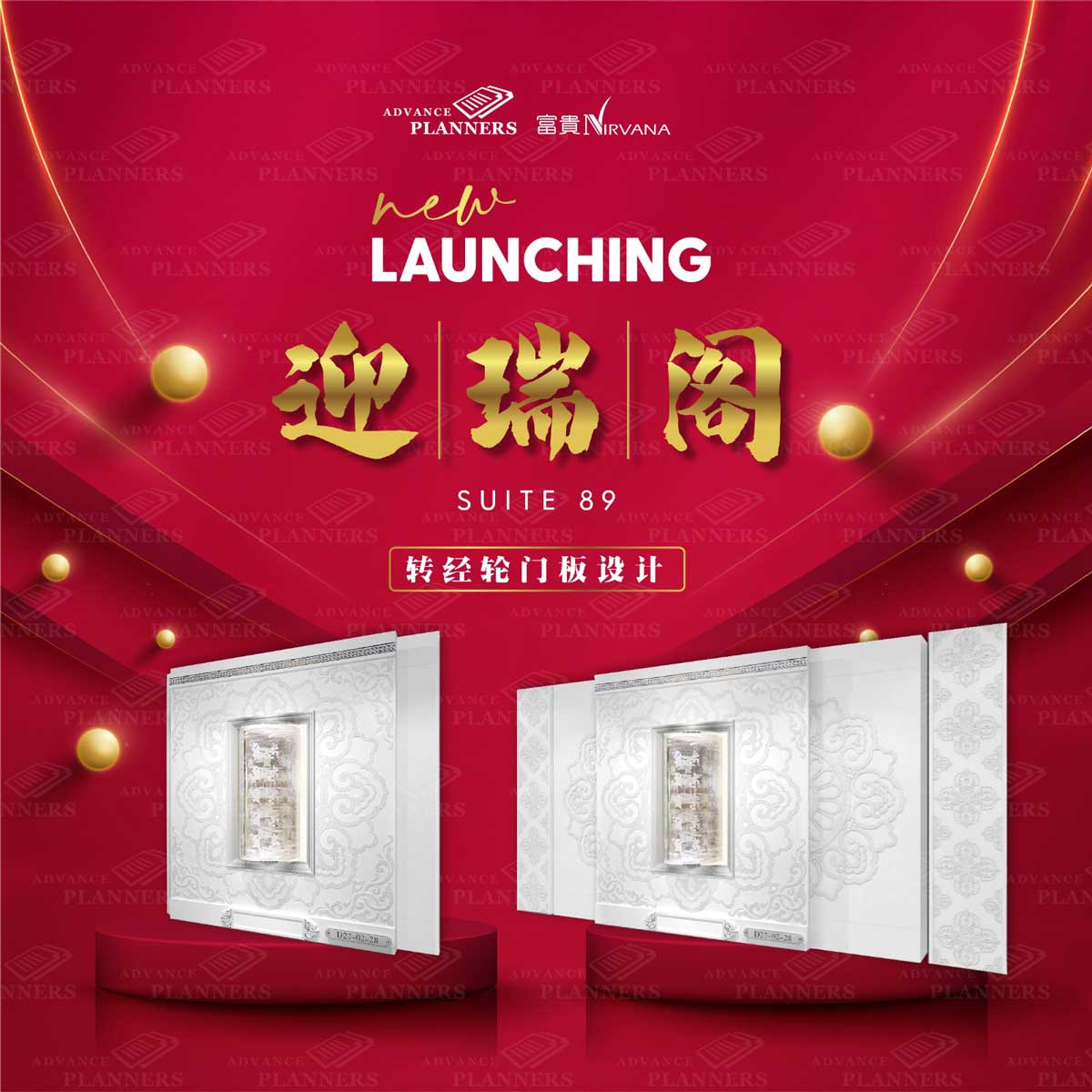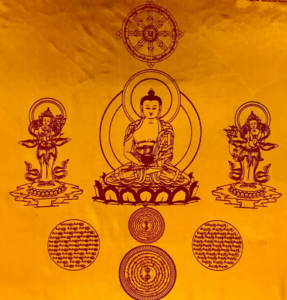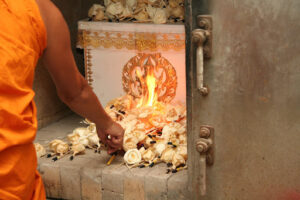In Singapore, where diverse cultures coalesce, Buddhist funeral customs hold deep significance and are rich in tradition. Understanding these customs is essential for offering support and respect to grieving families during their time of loss. From intricate rituals to profound symbolism, here’s a comprehensive guide to Singaporean Buddhist funeral customs.
Understanding Buddhist Beliefs About Death
Buddhist beliefs about death are deeply rooted in the teachings of the Buddha, encompassing ideas about the nature of existence, impermanence, karma, and rebirth. Here are some key points to understand:
Impermanence (Anicca)
One of the fundamental teachings of Buddhism is impermanence. Buddhists believe that all things, including life, are impermanent and subject to change. Death is seen as a natural part of this cycle of impermanence.
Karma
Buddhists believe in the law of karma, which states that our actions have consequences, and these consequences shape our future experiences. The actions we take in life influence our circumstances in this life and in future lives.
Rebirth (Samsara)
Rebirth, or samsara, is the belief that after death, the consciousness or soul is reborn into another form. This cycle of birth, death, and rebirth continues until one reaches enlightenment (nirvana) and is liberated from the cycle
The Three Marks of Existence
Buddhism teaches about the three marks of existence: impermanence (anicca), suffering (dukkha), and non-self (anatta). These marks are central to understanding the nature of life and death. Death is seen as part of the suffering inherent in the cycle of existence.
The Middle Way
The Middle Way, or Majjhima Patipada in Pali, is a fundamental concept in Buddhism, particularly emphasised in the early teachings of the Buddha. It refers to a balanced approach to life, avoiding extremes of self-indulgence and self-mortification. teaches practitioners to navigate between these extremes in various aspects of life, including spiritual practice, ethical conduct, and personal development.
Mindfulness of Death
Buddhists practise mindfulness of death as a way to deepen their understanding of impermanence and to live more fully in the present moment. By contemplating the reality of death, they seek to cultivate wisdom and live with greater clarity and purpose.
Funeral Rituals and Practices
Buddhist funeral rituals and practices vary depending on cultural and regional traditions. However, common elements may include chanting, prayers, offerings, and rituals to honour the deceased and support their transition to the next life.
Preparation of the Body
In Buddhism, the preparation of the body after death varies depending on cultural and regional traditions within Buddhist communities. While there isn’t a universal set of practices, some common methods of preparing the body include:
Cleaning and Dressing
The body is usually washed and cleaned as a sign of respect and to prepare it for the transition to the next life. It may also be dressed in clean clothing, often white or simple robes, symbolising purity and detachment from worldly possessions.
Ceremonial Offerings
Various offerings such as flowers, incense, candles, and food may be placed near the body as part of funeral rituals. These offerings are made to honour the deceased and to generate positive merit for their next rebirth.
Chanting and Prayers
Buddhist monks or other spiritual practitioners may chant sutras (sacred texts) or offer prayers for the deceased. These chants and prayers are believed to guide the consciousness of the deceased and create a positive environment for their transition to the next life.
Meditation and Mindfulness
Family members and loved ones may engage in meditation or mindfulness practices as a way to cultivate a peaceful and compassionate mindset during the mourning process. This can help them cope with grief and support the deceased in their journey beyond death.
Cremation or Burial
The disposition of the body varies among different Buddhist traditions. Cremation is common in many Buddhist cultures, as it is believed to release the soul from the physical body and facilitate its journey to the next life. However, some Buddhist traditions also practise burial, particularly in regions where cremation is not customary.
Memorial Services
Buddhist families often hold memorial services and continue to offer prayers for the deceased. These gatherings provide opportunities for loved ones to express their grief, share memories, and support one another on the path of healing. The recitation of sutras (Buddhist scriptures) and the offering of merit (dedicating positive actions for the benefit of the deceased) are also common practices during these ceremonies.
Conclusion
Buddhist funeral customs embody the core principles of compassion, mindfulness, and acceptance of impermanence. Through rituals and practices rooted in centuries of tradition, Buddhists seek to honour the deceased, support their spiritual journey, and find solace in the face of loss. By understanding these customs, we gain insight into the profound wisdom and resilience of Buddhist teachings in navigating the universal experience of death and grief.
If you require compassionate and respectful funeral services that honour Buddhist traditions, NIrvana Singapore is here to support you.
Our experienced team understands the importance of upholding cultural and spiritual customs during this delicate time. Contact us today to learn more about how we can assist you in arranging a meaningful Buddhist funeral service for your loved one.






